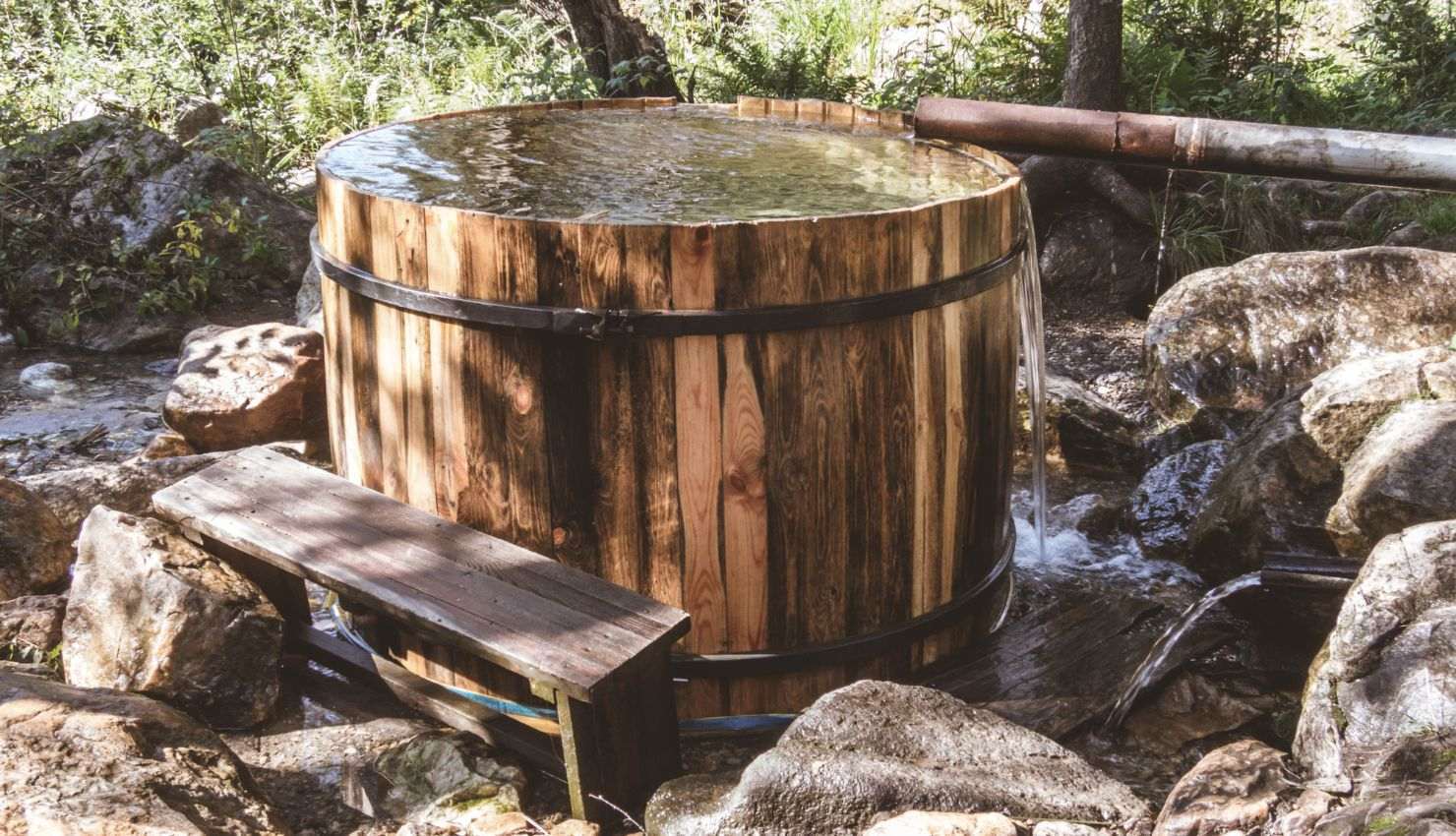Cold exposure, such as through cold plunge therapy, can boost dopamine levels, leading to improved mood and focus.
Yes — and the effect is stronger (and longer-lasting) than most people think.
Cold plunges are everywhere these days.
From pro athletes to 5AM gym warriors to your friend who posts ice bath selfies with #mentalclarity, cold exposure has gone mainstream. And one of the big claims attached to it? That it boosts dopamine — the “feel-good” brain chemical tied to motivation, mood, and focus.
So, is that legit? Or just another wellness buzzword slapped onto a trend?
At YFS (Your Form Sux), we’re obsessed with what actually works — not what just sounds good. And when it comes to cold exposure and dopamine, here’s the real deal:
🧠 First, What Is Dopamine — and Why Should You Care?
Dopamine is a neurotransmitter — a chemical messenger that your brain uses to send signals throughout your nervous system. It’s involved in:
- Motivation and drive (the “get up and go” chemical)
- Focus and attention
- Reward-seeking behaviour
- Mood regulation
- Learning and memory
It’s also linked to addiction, depression, ADHD, and burnout. So yes — it matters.
And the healthier your dopamine system, the better you tend to feel, think, and perform.
That’s why so many people turn to cold exposure: not just for physical recovery, but to boost mental clarity, emotional regulation, and grit.
❄️ So… Does Cold Exposure Actually Boost Dopamine?
Yes. And the numbers are pretty wild.
According to research (notably a peer-reviewed study cited by Dr. Andrew Huberman of Stanford), cold water immersion can increase dopamine levels by up to 250% — or 2.5 times your baseline.
That’s a bigger spike than:
- Moderate exercise
- Most forms of meditation
- A good night’s sleep
And here’s the kicker: the dopamine increase from cold exposure is not just intense — it’s long-lasting. Studies show levels can stay elevated for several hours post-immersion.
That means you’re not just chasing a quick high — you’re tapping into a neurochemical shift that supports consistent mood and focus throughout the day.
🧬 How Cold Exposure Triggers a Dopamine Response
When you expose your body to cold — whether it’s a 5°C plunge, a cold shower, or even an icy lake in January — your nervous system kicks into acute stress mode.
This includes:
- Vasoconstriction (blood vessels tighten)
- A surge of norepinephrine (focus-enhancing hormone)
- And a delayed, sustained dopamine release
This process is your body’s way of creating energy, alertness, and resilience in response to a threat (aka, the cold). But in a controlled setting, this stress becomes therapeutic — training your brain to perform better under pressure.
You get a surge of motivation, clarity, and emotional balance — without needing caffeine, sugar, or other short-term fixes.
⚡ Real-Life Benefits of Dopamine from Cold Exposure
Let’s make it practical. Regular cold exposure can help you:
- Feel more driven (dopamine is your “let’s go” chemical)
- Train with more consistency (especially useful during injury rehab or plateaus)
- Manage stress better (dopamine supports emotional regulation)
- Stay focused without stimulants (ideal for morning routines or mid-day slumps)
- Offset low mood or burnout (dopamine deficits are common in chronic stress)
It’s not just about feeling good — it’s about staying consistent with the things that get you better.
🕒 When Should You Use Cold Exposure for a Dopamine Boost?
- Morning: Want energy, focus, and a mental edge without over-caffeinating? Cold exposure within the first few hours of your day can prime your nervous system for peak performance.
- Before work or training: Cold plunges can act like a reset button — shaking off brain fog, overthinking, or sluggishness.
- During stressful periods: Cold helps “train” your nervous system to tolerate discomfort. Over time, that makes you more resilient — physically and emotionally.
Caution: If you’re doing heavy strength training and trying to build muscle, avoid cold plunges immediately post-lift — they may blunt your anabolic response.
🧊 Cold Is a Tool — Not a Miracle
Cold exposure won’t replace:
- Quality sleep
- Nutrient-dense food
- Smart strength & mobility work
- Emotional regulation tools
- Professional rehab (if you’re injured)
But it can support all of those things — especially when it’s part of a well-rounded recovery plan.
At YFS, we don’t just guess. We assess. If cold exposure fits your goals and nervous system profile, we’ll help you build it into a personalized recovery protocol — one that makes your body feel better and your brain sharper.
Bottom Line: Cold Boosts Dopamine — and That Boost Can Work For You
Cold exposure gives you real, measurable benefits — not just physical, but neurological.
The dopamine spike isn’t hype. It’s a strategic edge — and when used right, it can help you train harder, recover smarter, and show up sharper.
Want help creating a cold recovery plan that works for your body and lifestyle?
Book a recovery consult with YFS — and we’ll show you how to make cold exposure part of a system that actually sticks.





